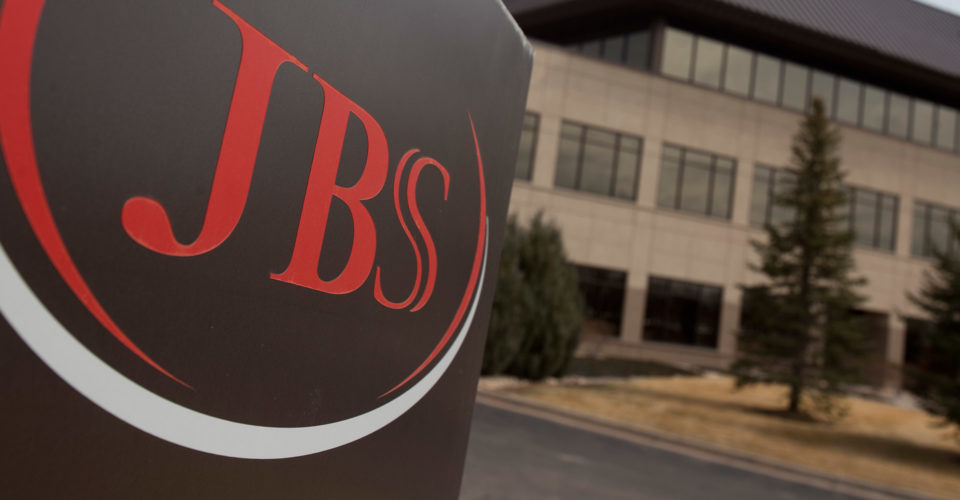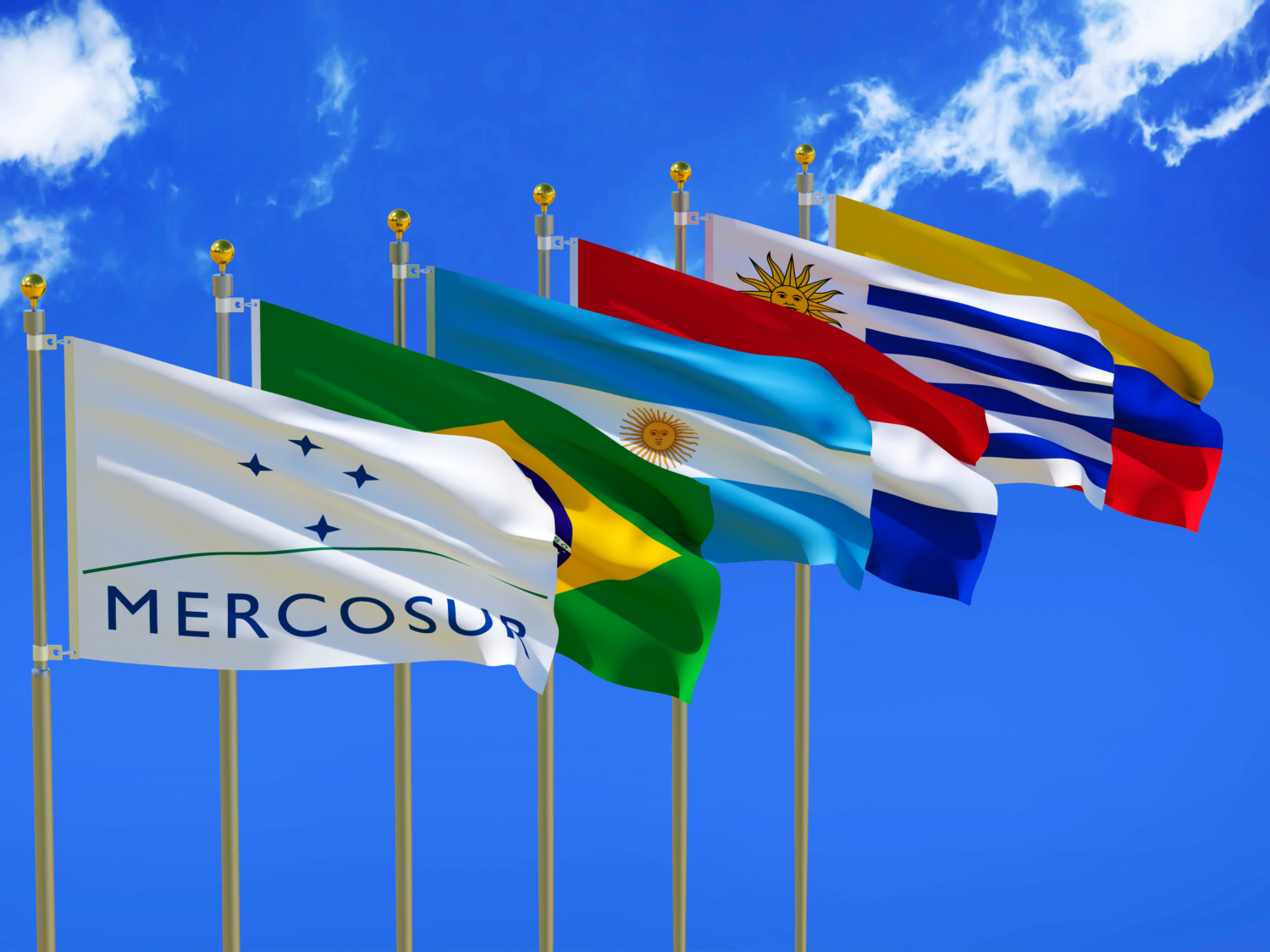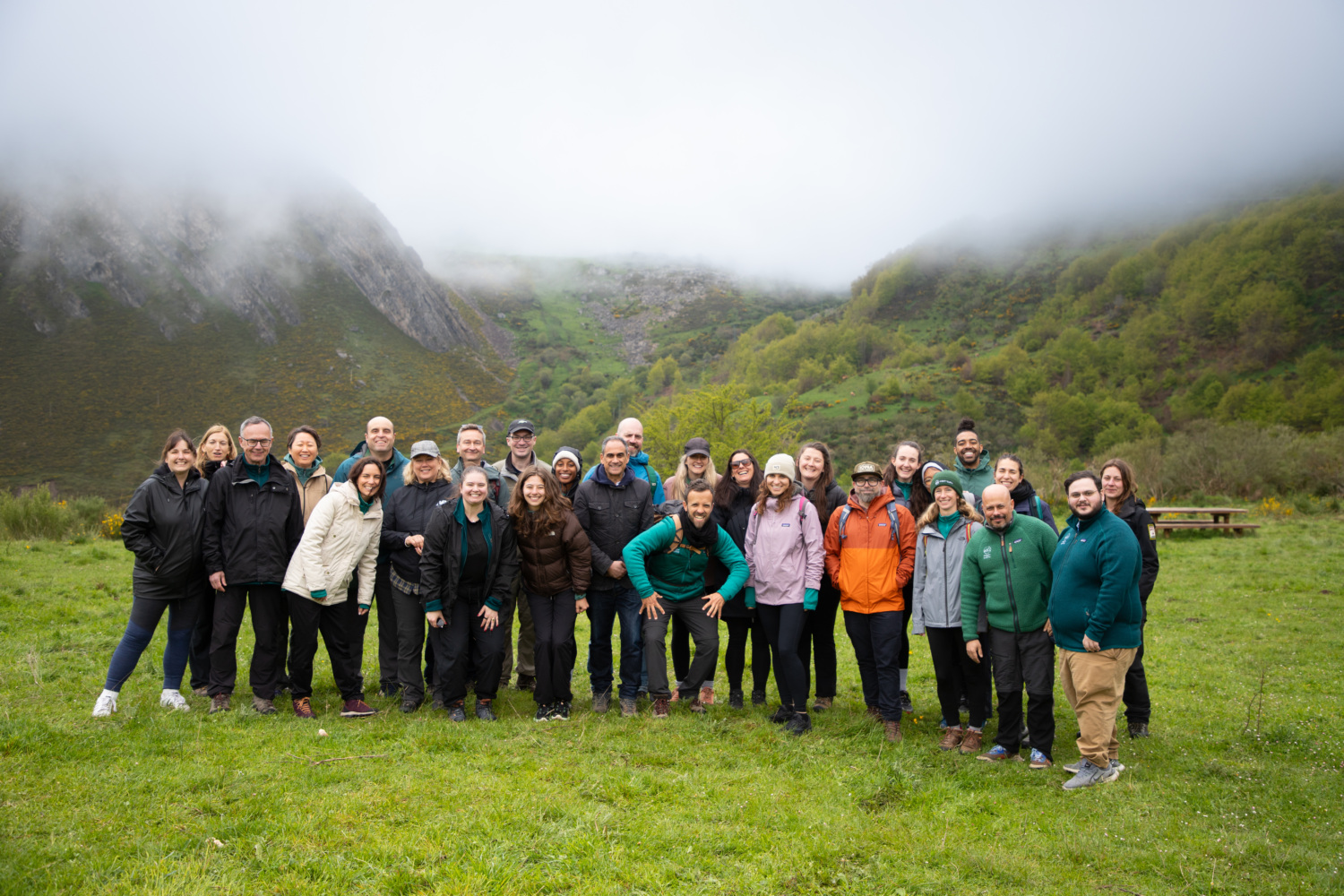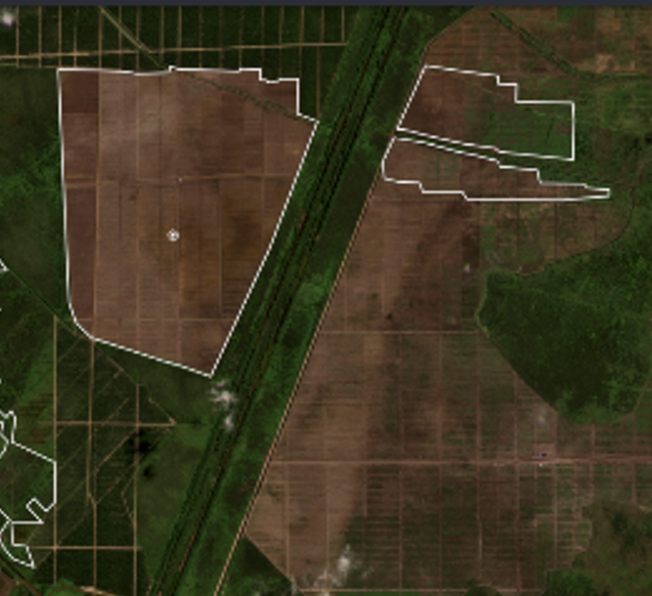
JBS shareholders ignore governance concerns to approve NYSE listing
JBS minority shareholders have approved plans for the world’s biggest meat company to trade on the New York Stock Exchange, while restructuring the company to give nearly 85% of the voting power to the two Batista brothers, despite a long history of corruption, price-fixing, human rights abuses and rampant Amazon deforestation linked to its massive meat supply chains in Brazil.
In response, Mighty Earth released the following statement:
“Giving JBS access to billions of dollars of new funding will serve only to supercharge deforestation and its climate-wrecking operations. Listing on the NYSE is meant to be a signal to investors that a company is serious about transparency, but JBS has shown its only playbook is hiding the true scale of its destruction, climate emissions and human rights abuses. JBS shareholders should hang their heads in shame for voting through this New York Stock Exchange listing and handing the scandal-hit Batista brothers near complete control of the company.”
The approval comes despite strong opposition to the listing from investment advisory firms and US politicians. Days before the EGM, a report by Institutional Shareholder Services (ISS) detailed its concerns about the controlling shareholder Batista brothers increasing their voting power from 48% to nearly 85% of voting power under the corporate restructure. Glass Lewis also issued an advisory note recommending minority shareholders vote against the JBS dual-listing proposal and moving JBS’s corporate seat to the Netherlands.
Civil society and political pressure have long delayed the JBS’s IPO with the US Securities and Exchange Commission (SEC) only giving the greenlight for it last month. A recent Federal Election Commission filing revealed that JBS subsidiary Pilgrim’s Pride made the largest single donation of $5 million to President Trump’s Inaugural Committee for his second term.
As part of the NYSE listing, JBS is moving its corporate seat to The Netherlands, likely offering the company major tax benefits, but also raising the risk of litigation over JBS’s inaction on its climate goals.
Attention now turns to the New York Stock Exchange for their approval of the share listing. See Mighty Earth’s recent letter to the NYSE President and Chair here.
Ends
For more information or to arrange an interview please contact:
Carole Mitchell
Global Director of Communications (based London)
[email protected]
+44 7917 105000
Notes to editors:
- For more than a year and a half, Mighty Earth with other environmental groups, animal welfare organizations, US, EU & UK lawmakers and investors have repeatedly called on the SEC to block JBS from entering the world’s largest stock market and have successfully delayed the IPO for 21 months. In total, Mighty Earth has made five submissions to the SEC challenging JBS’s IPO Registration Statement.
- JBS’s most recent F-4, or SEC Registration Statement, still fails to acknowledge the risk the company’s outsized climate emissions pose to planetary health and continues to omit any reference to its enormous methane emissions, the associated risks or necessary reduction strategies.
- SEC documentation also states US$6.3 billion worth of ongoing civil, tax and labor proceedings against JBS, however, the company neglects to disclose that it’s being sued by fast-food giant McDonald’s over cattle price-fixing and allegedly conspiring with other meat companies to artificially inflate beef prices.
About Mighty Earth
Mighty Earth is a global advocacy organization working to defend a living planet. Our goal is to protect half of Earth for Nature and secure a climate that allows life to flourish. We are obsessed with impact and aspire to be the most effective environmental advocacy organization in the world. Our team has achieved transformative change by persuading leading industries to dramatically reduce deforestation and climate pollution throughout their global supply chains in palm oil, rubber, cocoa, and animal feed, while improving livelihoods for Indigenous and local communities across the tropics.


